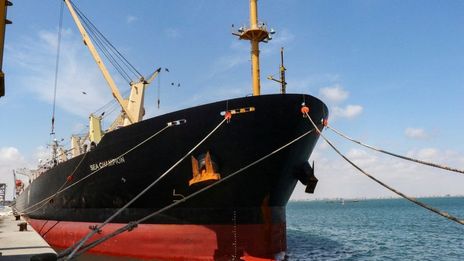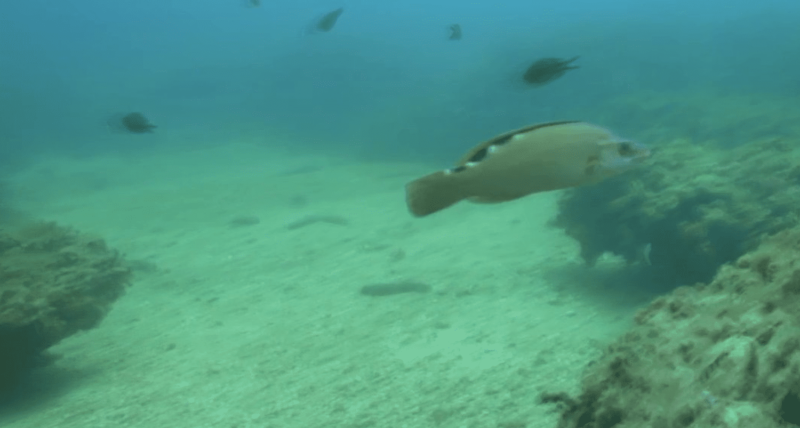Risk is the “new normal” for the shipping sector, which carries 80% of global trade, as geopolitical tensions, rising protectionism and climate change increasingly take hold.
« There are going to be global tensions…and I think global dangers, at a level we haven’t seen since the end of World War II, » former US Defense Secretary Robert Gates said. at the opening of S&P Global’s TPM24 Container Shipping Conference in Long Beach, Calif., on Monday.
Houthi missile and drone attacks on merchant ships in the Red Sea and the Gulf of Aden are at the heart of the concerns of the 4,000 participants in the conference which continues until Wednesday, but they are far from being The only ones.
“The relatively relaxed environment in which you operated for a long time and until recently is probably gone for quite a long time,” Mr. Gates said.
According to Chris Williamson, the company’s chief economist, the shipping industry entered this year with the highest level of risk in S&P Global Market Intelligence’s 25 years of making such forecasts.
Beyond the Red Sea attacks, half the world’s population will go to the polls this year, which could lead to more protectionist policies, including tariffs on major exporters, such as China, has he added.
That trend, coupled with climate change-related costs such as bypassing the drought-stricken Panama Canal, could fuel inflation that threatens the hoped-for « soft landing » for the global economy, Williamson said. .
The Red Sea attacks have already caused disruptions to cargo delivery and absorbed excess ship capacity, increasing transportation costs in what has been a slow recovery in cargo volume.
Container ship owners have diverted their ships from the Red Sea and the Suez Canal, the neighboring trade shortcut, which handles up to 30% of the world’s container cargo, including clothing, furniture, auto parts, chemicals, machines and coffee.
The alternative, longer route, which goes around Africa’s Cape of Good Hope, adds five or more days to trips and up to $1 million in fuel costs one way. Spot freight rates have skyrocketed, doubling or tripling for some routes, and remain high. Iran-affiliated militants in Yemen have sunk one ship – the UK-owned Rubymar – during their campaign which began in November and remain undeterred despite retaliatory attacks from the US-British coalition and other navies. Last week, the Houthis vowed to shoot down more ships in attacks they say are carried out in solidarity with Palestinians affected by Israel’s military actions in Gaza. (Reporting by Lisa Baertlein in Los Angeles; Editing by Tomasz Janowski).



